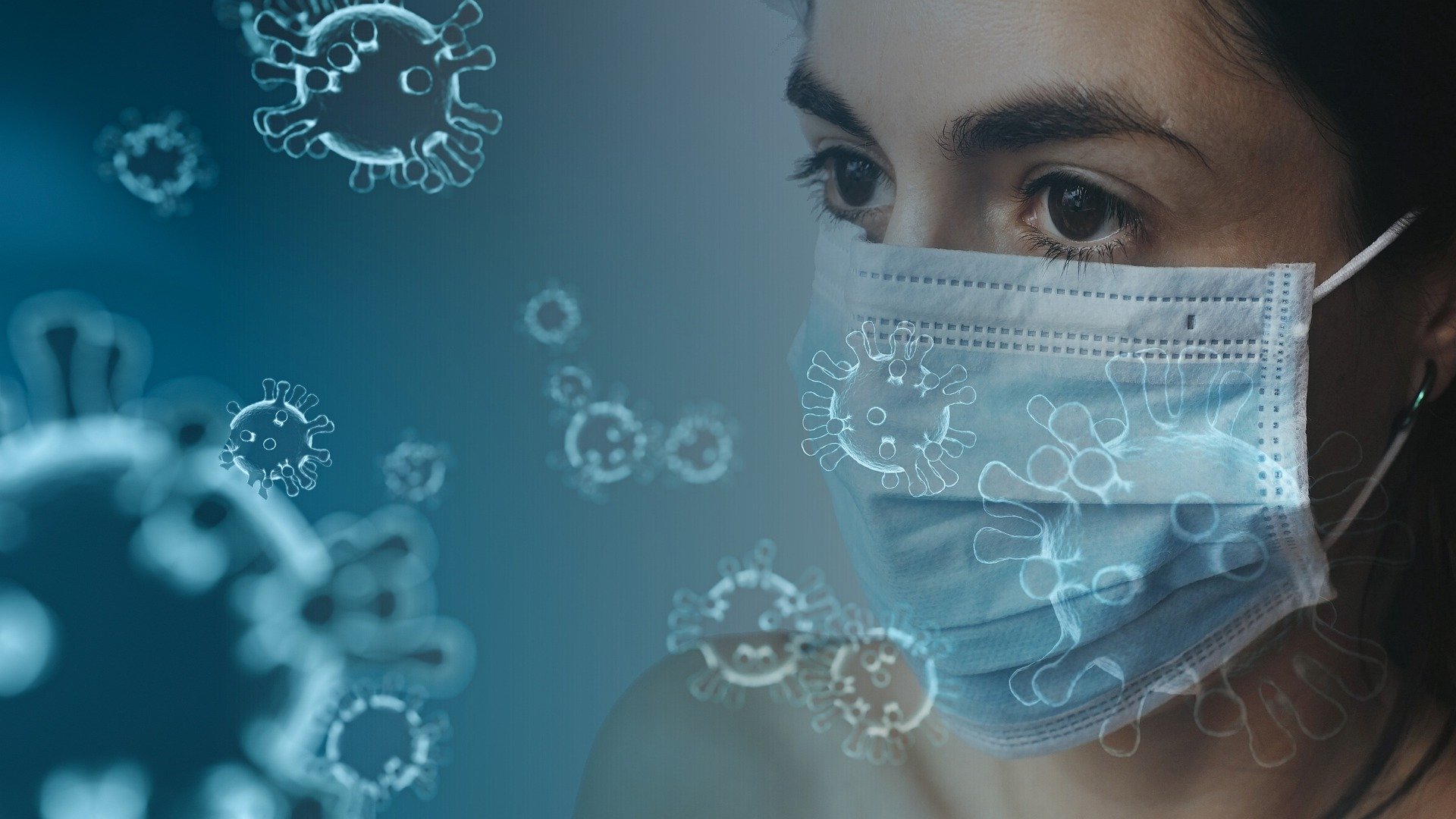Share this Page:
Back in March at the start of the COVID-19 pandemic in the UK, people taking chemotherapy, immunotherapy or protein kinase inhibitors for treatment of their cancer were considered to be extremely vulnerable to coronavirus infection and were asked to shield for 12 weeks. At the time, since cancer and its treatments can lower your ability to fight infection, this was sound advice to keep vulnerable people safe from from the virus. Also, very little was known about COVID-19 when the pandemic reached the UK.
Over the past 3 months, scientists have been investigating how coronavirus is spread and which populations of people are at most risk from the virus. This has proven difficult due to the contingencies that the Government has put in place because of the pandemic. Recently (28 May) a paper from the University of Oxford was published in The Lancet describing the clinical and demographic characteristics and COVID-19 outcomes in 800 patients with cancer.
The results from this study show that mortality from COVID-19 in cancer patients appears to be driven by age, gender and co-morbidities. The study did not find any evidence that patients on chemotherapy, immunotherapy, radiotherapy, hormone therapy or targeted therapy are at increased risk of mortality from COVID-19 compared to patients who are not on active treatment. This obviously has implications for the people who have been asked to shield and also contributes to the evidence that has allowed the Government to slightly relax the shielding measures this week. If you have any concerns about the shielding guidelines, please see the Government advice on shielding here, or talk to your GP or healthcare professional.















